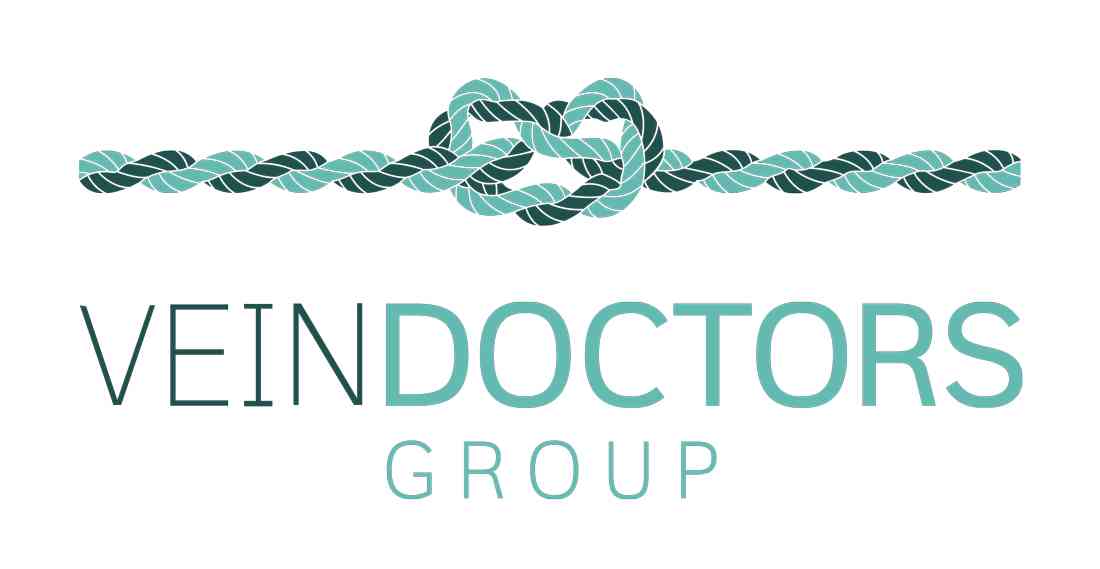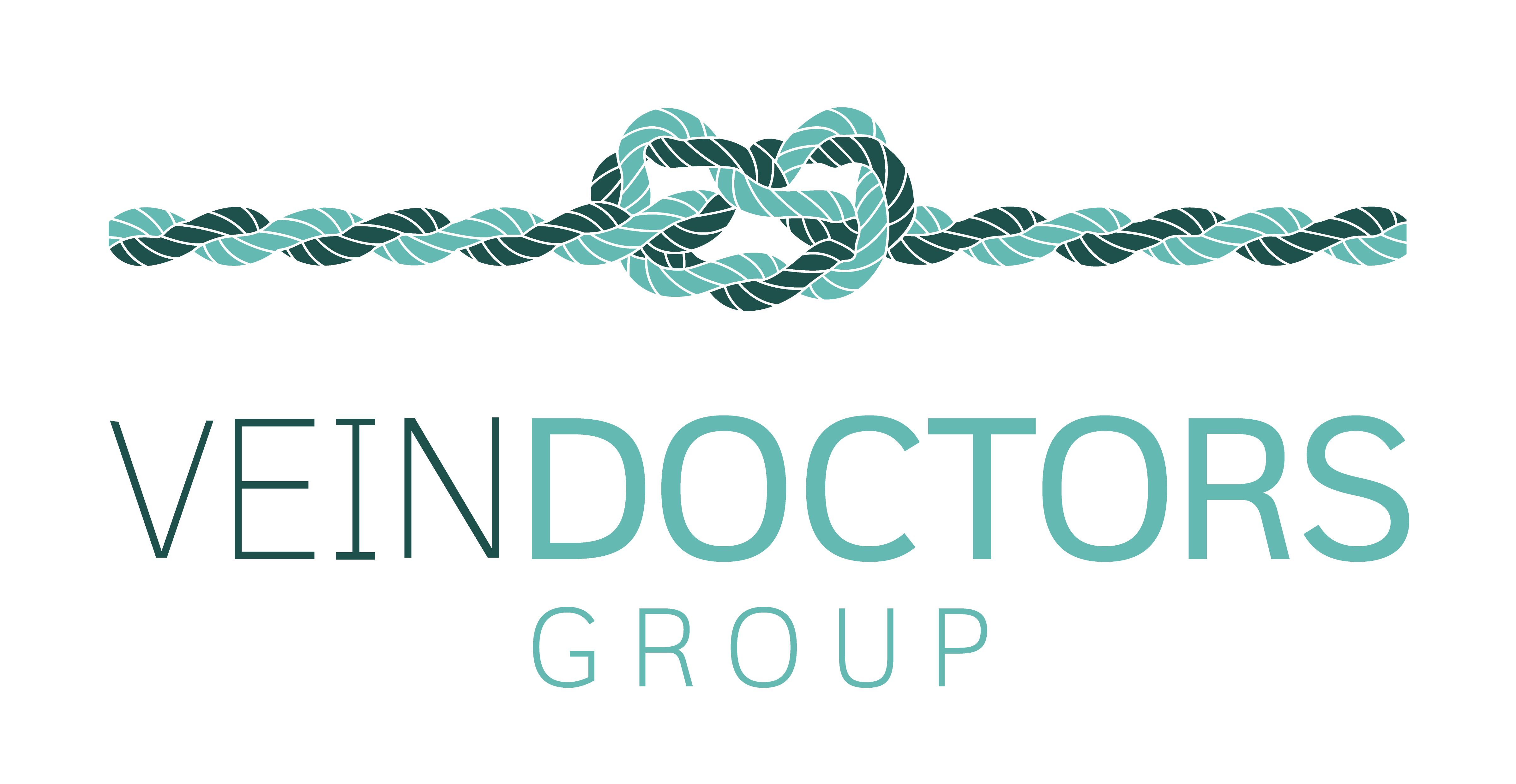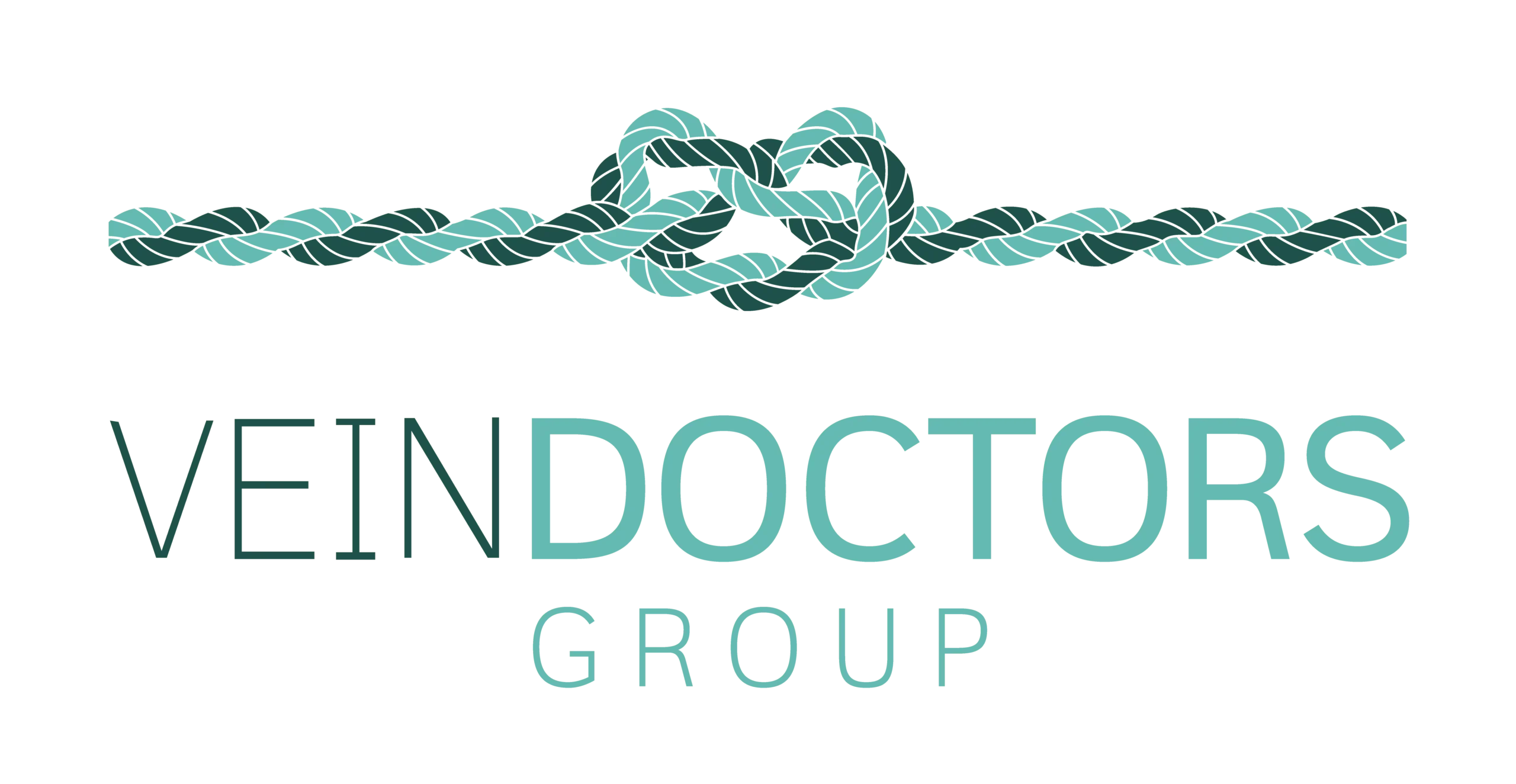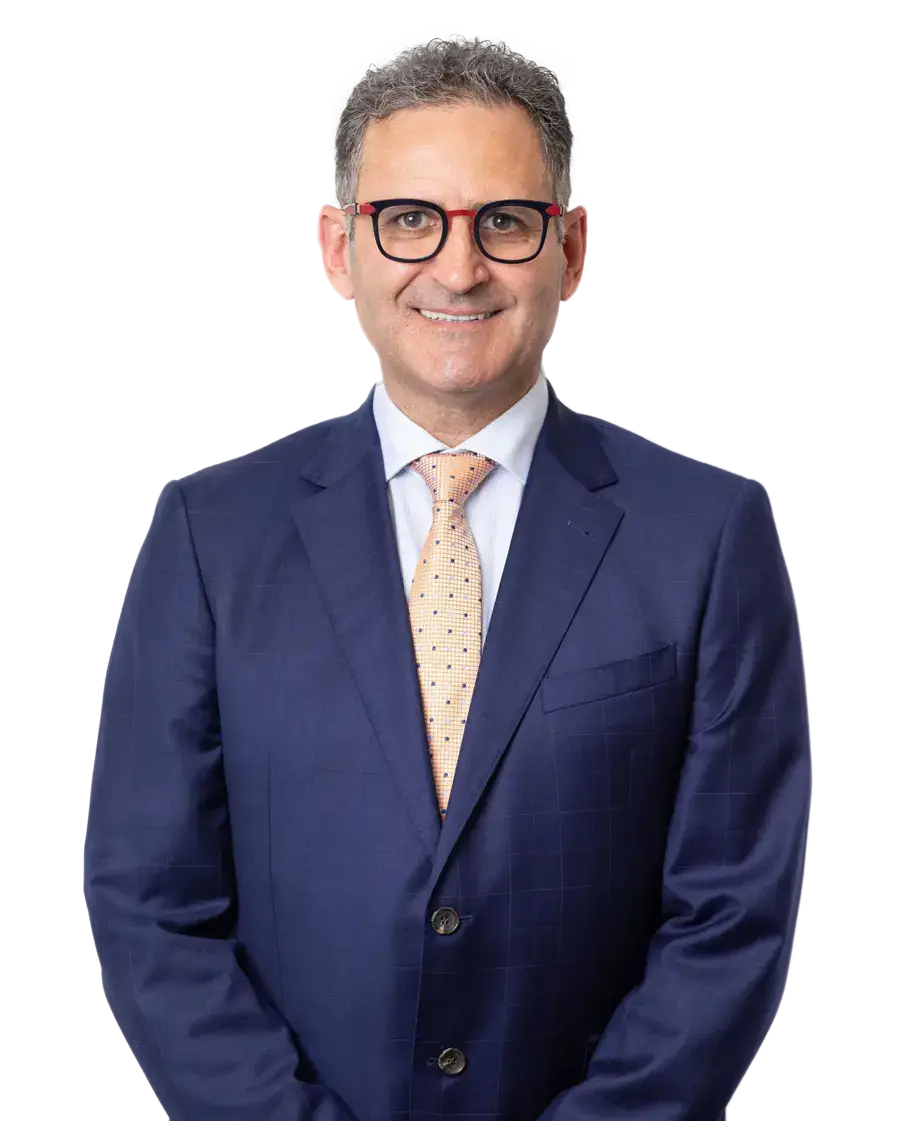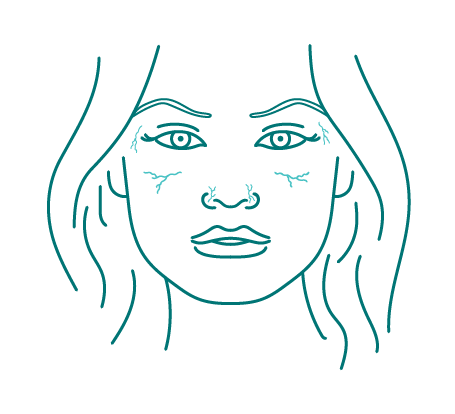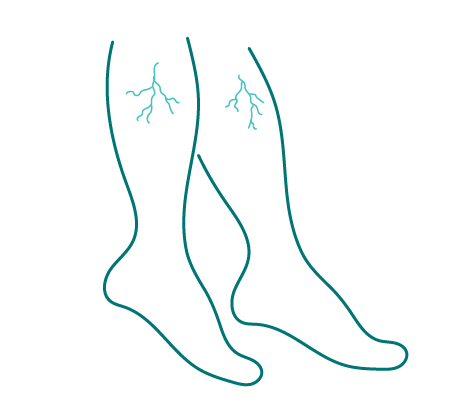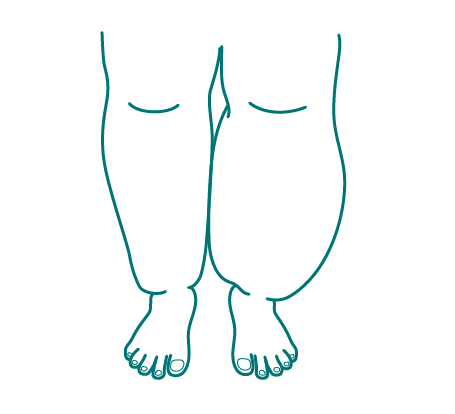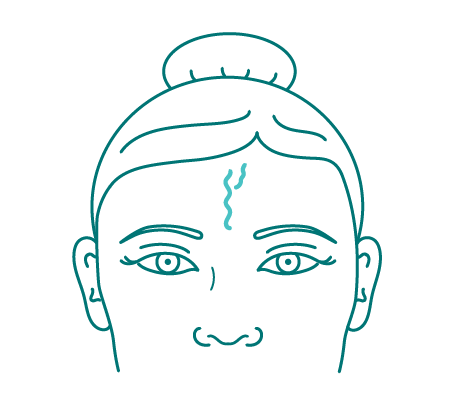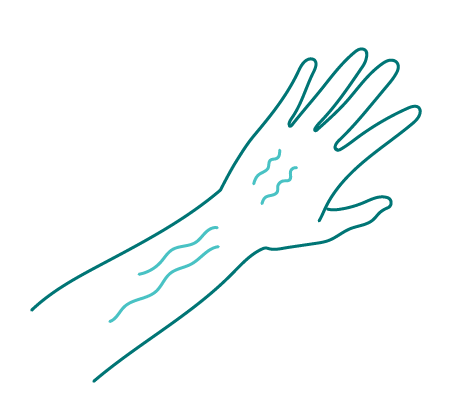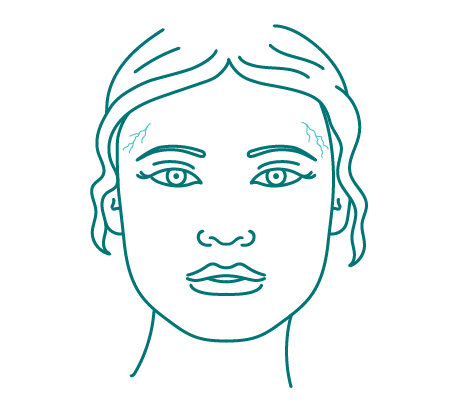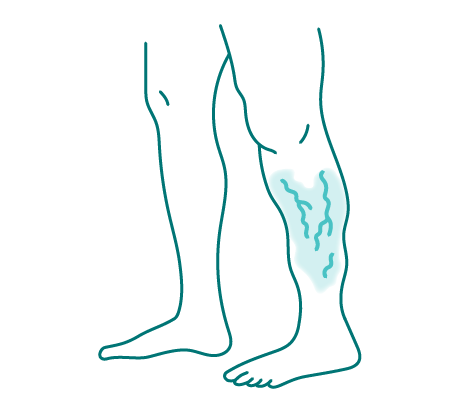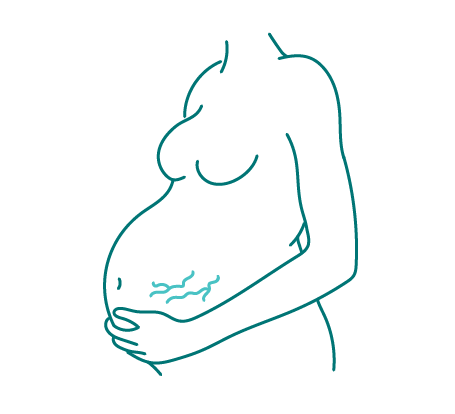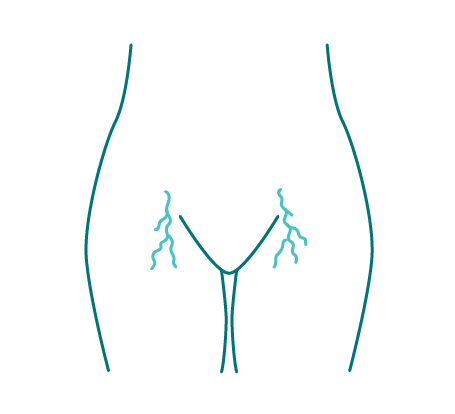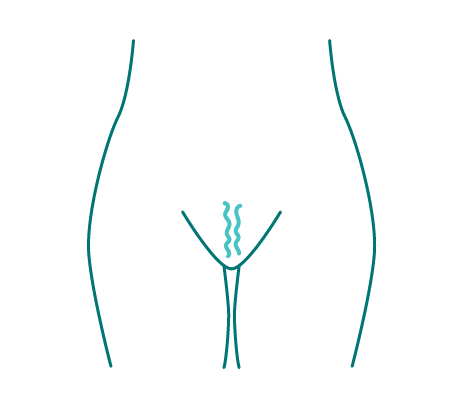Vein Doctors Group
Your Vein Experts
Providing patients expert advice and treatment – empowering you to confidently choose the best vein doctor to suit you.
We specialise in modern, minimally invasive and comprehensive treatment for all type of venous issues. All assessments and procedures are carried out at one of our specialist clinics or private hospital, with walk-in, walk-out procedures resulting in no downtime and a speedy return to normal duties. Minimal discomfort, no surgical scarring, and high patient satisfaction.

- Not sure where to start? Here's 10 questions to ask your vein doctor.
GOLD COAST · BRISBANE
Brisbane now open Saturdays!
Advanced Treatment Techniques
- Vascular ultrasound imaging for precise treatment
- Personalised treatment schedule by accredited phlebologist
- Microsclerotherapy
- Ultrasound guided sclerotherapy
- Endovenous ablation
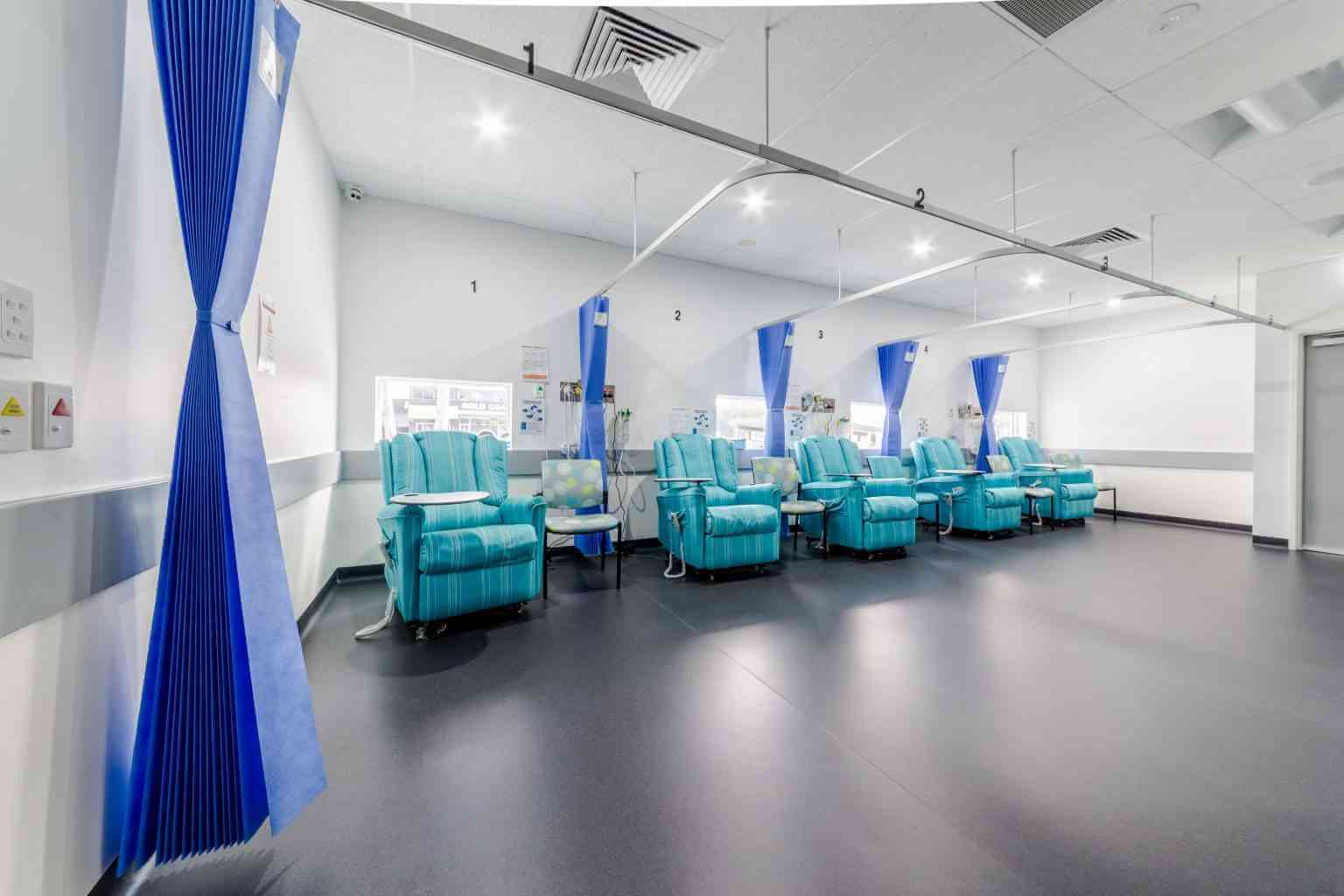
Information For Patients
Our doctors will first review your medical history and examine the areas of concern. Our team will then utilise state of the art ultrasound imaging equipment to examine your condition. This innovative technology provides high resolution imaging to allow our medical professionals to examine both deep varicose and superficial veins with ease.
- Learn more about veins by downloading our comprehensive brochure
Why Choose Vein Doctors Group?

High Patient Satisfaction
Proven success in achieving both a great medical and aesthetic result.

Treating the Root Cause
Avoid recurring vein issues with deeper analysis.

Ultrasound Guidance
Individualised treatment based on vascular diagnostic ultrasound imaging.

Experienced Phlebologists
Extensive training from the Australasian College of Phlebology.

Understanding Vein Health
Learn why veins change and how to prevent problems.
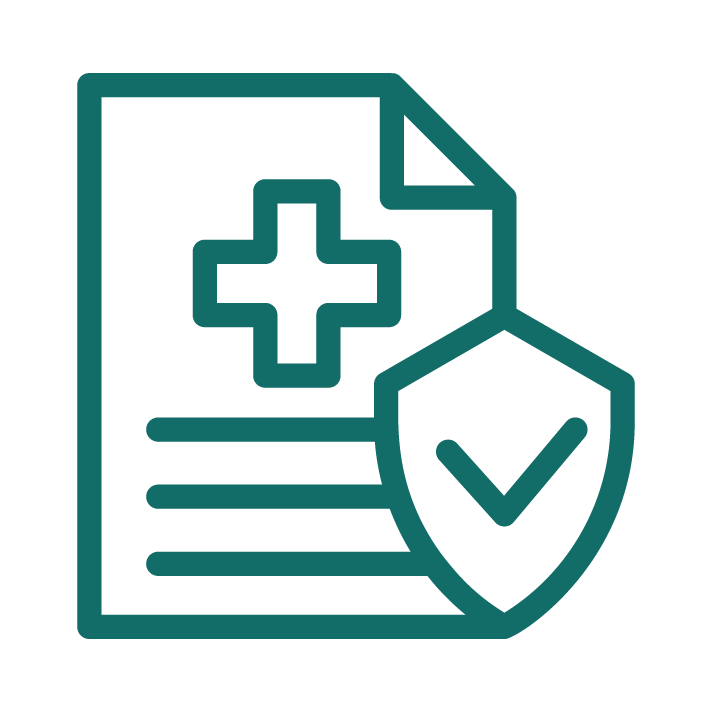
Long-Term Care
Follow-ups ensure your veins stay healthy.
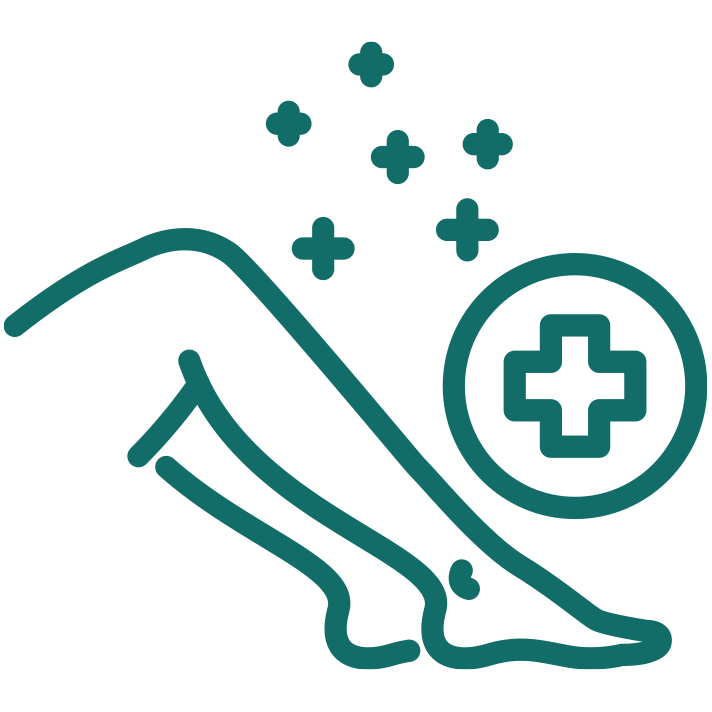
Results That Last
We target the source for a lasting outcome.

Experts in Swollen Legs
Sub-specialised training in lipoedema & lymphoedema.
Frequently Asked Questions
We understand that you may have questions about your vein health. Our FAQs provide answers to common questions about vein conditions, treatments, and our approach at Vein Doctors Group. For more information please call us: 1800 483 467 or get in touch using the form below.
Varicose veins typically do not go away on their own and often require medical treatment to resolve. Without intervention, these veins may not only persist but can also worsen, potentially leading to more serious vascular problems, including deep vein thrombosis and ulcers. That's why taking proactive measures is essential. Our team provides a complete range of modern, minimally invasive, effective treatments aimed at improving venous health.
The most beneficial exercise to prevent varicose veins is walking. Yoga is a good option as well. You can practice many poses that bring your feet higher than your heart. These are called inversions, and they include a headstand, shoulder stand, and legs-up-the-wall pose.
Yoga can also help stretch and tone the deepest muscles in your calves and hamstrings. The deep muscles can, to a certain degree, help the vein valves work properly. Stretching and toning poses include downward-facing dog pose, most forward-bend poses, and sun salutations. Other types of beneficial exercise include cycling and swimming.
Poor circulation can contribute to varicose veins, but it is not the main cause. Varicose veins develop due to faulty valves in the veins, which allow blood to pool and cause them to enlarge and twist. In many cases, poor circulation is a symptom rather than the root cause.
Key Points:
How they’re connected: Poor circulation means blood isn’t flowing efficiently back to the heart, increasing pressure in the veins. Over time, this can weaken vein walls and valves, causing varicose veins.
Main causes of varicose veins: Genetics, pregnancy, obesity, and prolonged standing or sitting have a bigger role in developing varicose veins.
Overlapping symptoms: Both conditions can cause leg pain, swelling, heaviness, and visible veins, but they are not the same issue.
Contacting a phlebologist or vein expert can give you clarity and help you choose the best treatment plan for your vein health.
The main side effects of varicose vein treatments, such as vein ablation, are typically mild and may include redness, swelling, tenderness, and bruising at the areas treated. After the procedure, you will be able to leave our clinic wearing a compression stocking, and you should experience minimal discomfort, even after the local anesthetic wears off.
However, it's important to note that individual responses to varicose vein treatments can vary. While the procedure is generally not painful, a small number of patients might experience more significant pain. For patients that are anxious about multiple needle injections, they have the option to have their veins treated under twilight sedation in our purpose built, licensed private hospital.
Yes, modern minimally invasive treatments can be done as an outpatient or an inpatient.
Our licensed, accredited hospital which is purpose built for varicose vein treatment is suited for more complicated medical conditions or when patients have needle phobias.
There are benefits of having your veins treated in theatre such as:
- When asleep, the veins are more relaxed to make catheter access more straight-forward.
- More injections can be done, which may not be tolerated by patients who are awake in the outpatient clinic.
- A whole medical team of nurses and an anaesthetist to support your treatment, particularly for complex veins and complex patients.
- In some cases, there are no additional costs for the hospital, except your private health insurance excess and the anaesthetist’s costs. The doctor fee would be the same. In most instances consumable costs are covered by the hospital as an inpatient, whereas outpatients cover the costs of consumables.
Treated correctly, the veins will not come back as the body has absorbed them. When varicose veins, which are abnormal veins, are closed-down, the circulatory system improves, as do many of the symptoms. Our body can establish alternative pathways to bypass the abnormal varicose veins, once they are closed-down. It is important to understand that varicose veins can be a progressive condition and that new veins can develop with time. Monitoring with ultrasound may be important to establish if there are any new abnormal veins that are best treated, bearing in mind that this condition is genetic and normal veins that aren’t targeted at the initial treatment may require treatment in the future.
Common side effects include stinging, bruising, darkening of spider veins soon after treatment but fading over the next few weeks, aching legs immediately after treatment, phlebitis which can be improved with exercise and compression. A consent form that outlines the full list of risks and concerns will be provided by your doctor.
Contact us
Get in Touch
"*" indicates required fields
